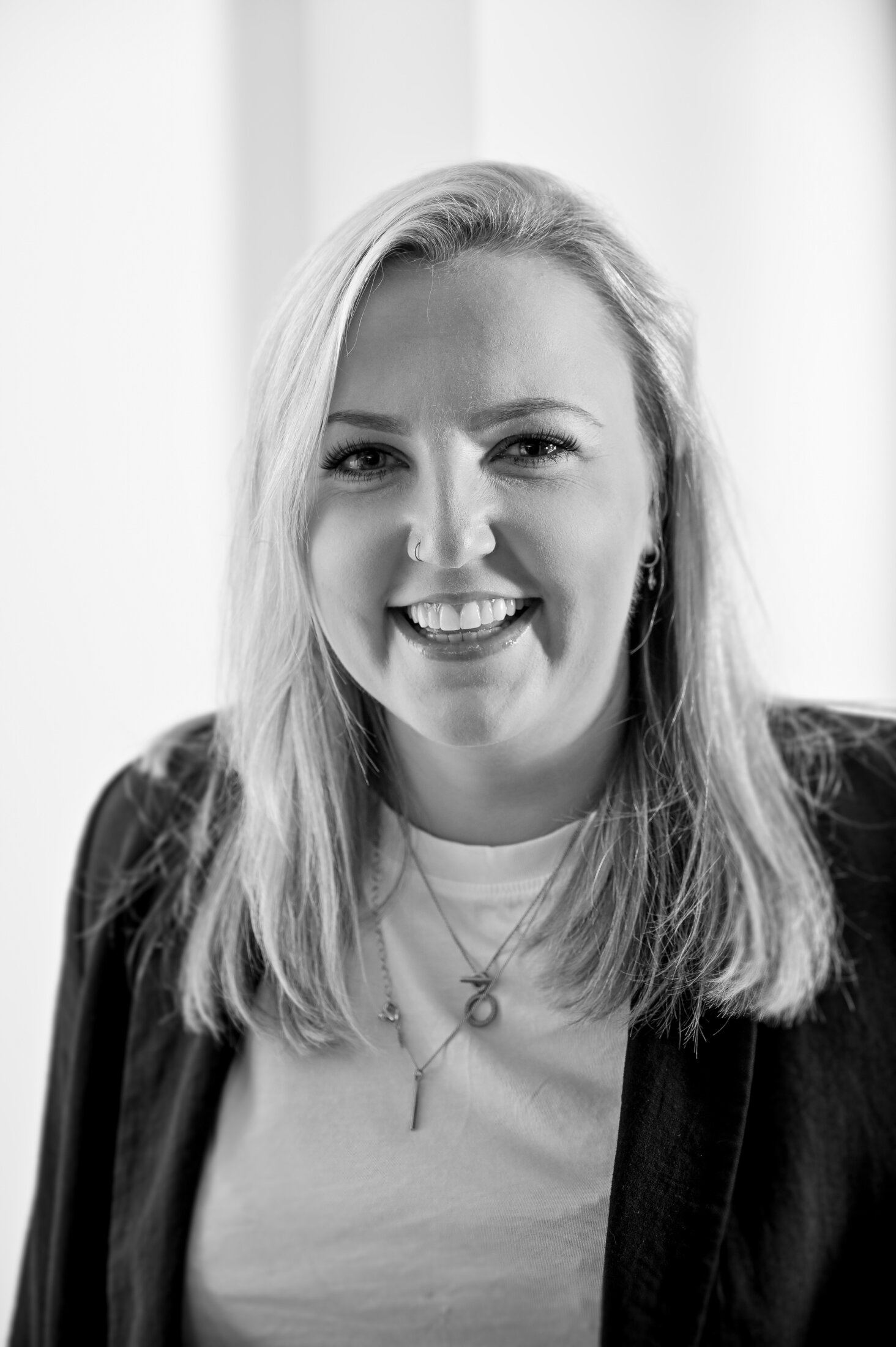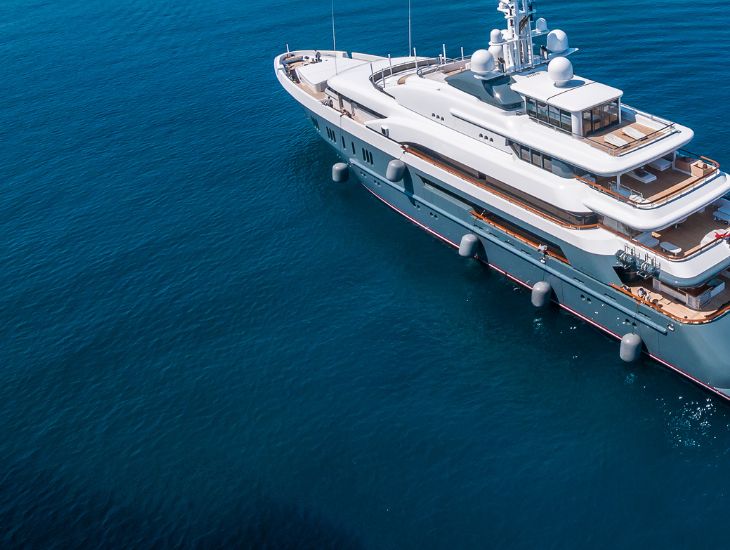Recruiting the perfect rotational Chief Engineer can be a challenging task, especially in ensuring harmony at sea.
While a candidate may seem ideal on paper and perform well during the interview process, their true compatibility and management style may only become apparent after they’re onboard.
A poor fit can disrupt the entire engine room department, impacting crew productivity, guest experience, and overall yacht performance.
To ensure a consistent approach and seamless fit, there are some compatibility questions you could ask when conducting interviews for a Chief to work opposite you.
How do you manage and motivate your team?
Understanding the candidate’s management and motivation approach is crucial in determining their compatibility with the existing rotational setup.
Differences in management styles can lead to conflicts and inefficiencies within the engine room team. For example, if you prefer giving your team autonomy with some guidance, but the rotational counterpart prefers micromanaging, it may create friction and hinder productivity.
Follow up questions (and reasons for asking them) might be:
- How often do you hold team meetings? Communication should be consistent across the department, regardless of who is onboard at the time, to ensure priorities are understood.
- What level of decision-making authority do you give to your engineering team? It’s important that your team has consistency with autonomy when appropriate, so that they understand the expectation from both rotational Chiefs is aligned.
- How would your previous engineering team describe your management style? This will offer insights into how they are perceived by their subordinates, so you can understand how well their leadership style aligns with the rotational team’s expectations and dynamics.
- How do you encourage junior engineers? In a rotational setting, fostering a positive and collaborative environment is essential for the team’s success. Chief Engineers who are willing to encourage and mentor junior engineers, sharing their knowledge and experience, can have a significant impact on team cohesion and overall performance.
- What would or have you done to resolve crew tension? Conflict resolution is a skill that every Head of Department should possess, especially in the close-knit environment onboard a yacht. Their response to you asking how they’d handle potential conflicts will give you valuable insights into their approach to mediation and communication.
What was the most substantial thing you changed onboard your last yacht and why did you do it?
This is a great question to provide insight into how your rotational counterpart operates. Nobody wants someone who comes onboard and starts changing things straight away. I could give dozens of examples of Chief Engineers who have talked a good game about not changing things yet within their first few days, have thrown in a hand grenade.
Follow up questions might be:
- What was the process for changing this? You are looking for them to mention discussing it with the other Chief Engineer and Captain(s).
- How long had you been onboard when you made this change?
- What would you have changed on your last yacht if you could?
- In your experience, what are the easiest changes to make operationally to improve the efficiency of a program?
Recruiting a rotational Chief Engineer is a critical process that requires careful evaluation and consideration.
By asking essential questions regarding management style, conflict resolution, and team dynamics you can identify candidates whose values and approaches align with the existing team, ultimately leading to a harmonious and successful yacht operation (at least in the engine room!)
Remember, finding the right Chief Engineer is not only about qualifications and experience but also about ensuring a seamless fit within the team to guarantee an exceptional experience for guests and owners.
If you need to recruit your rotational counterpart and want to access the best and most likely passive Chief Engineers, then get in touch – alice@quaycrew.com.





